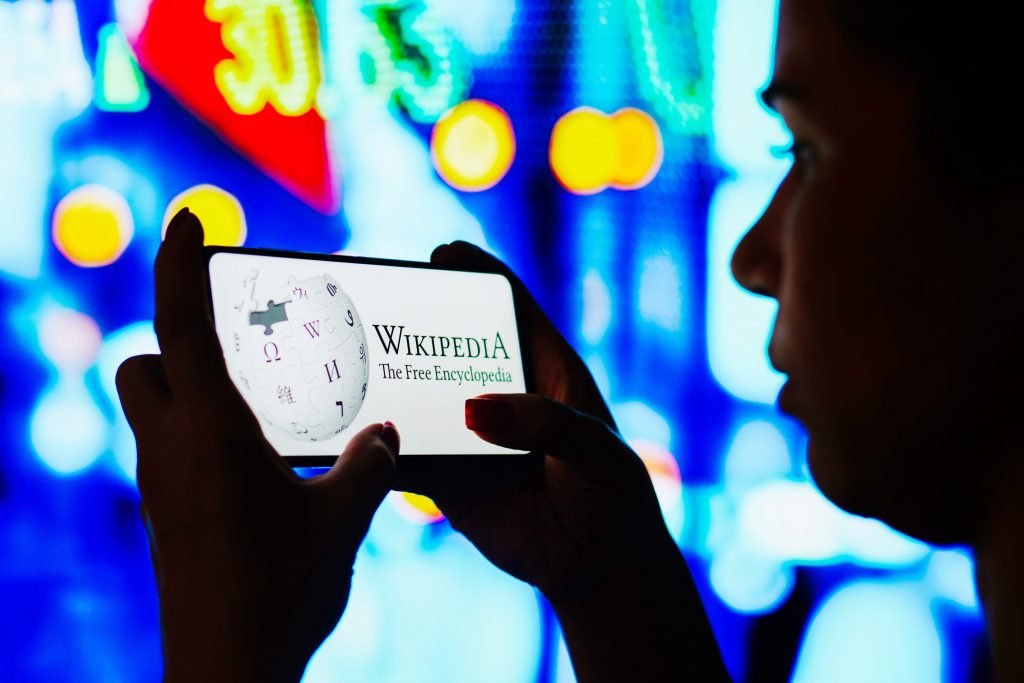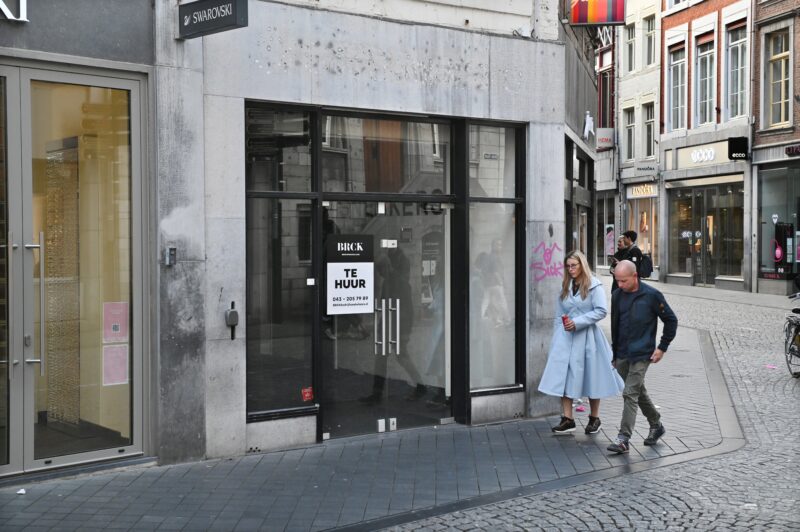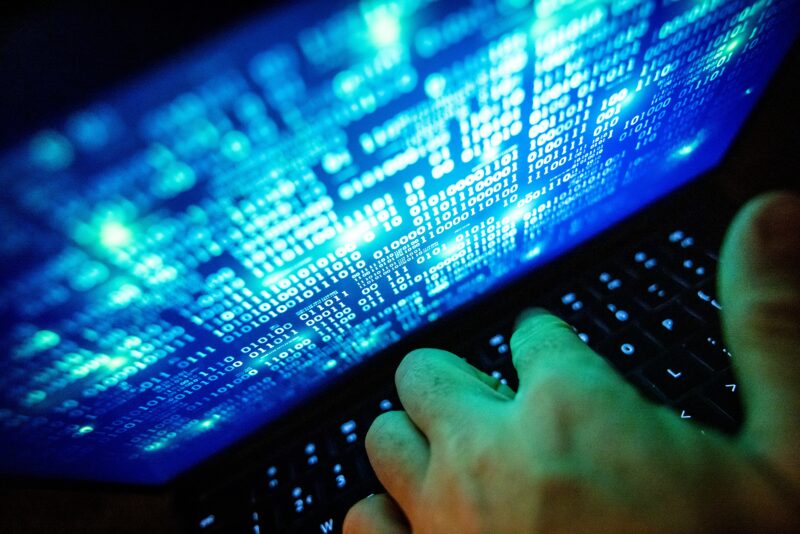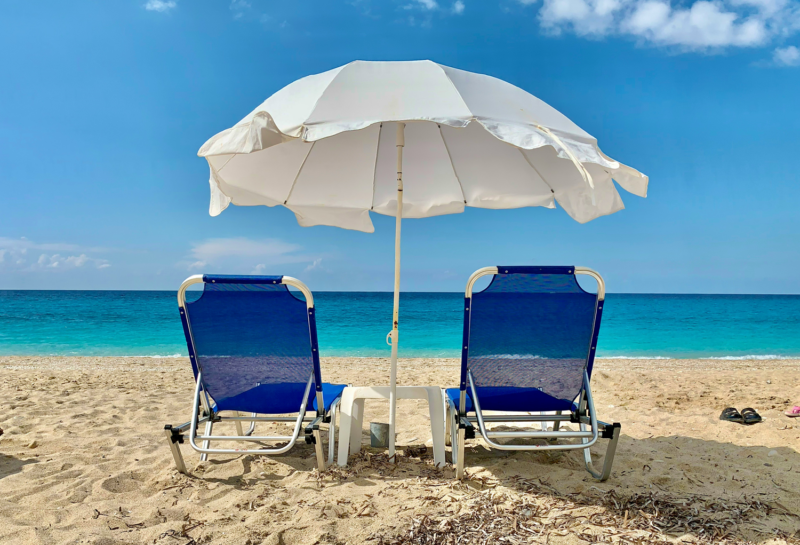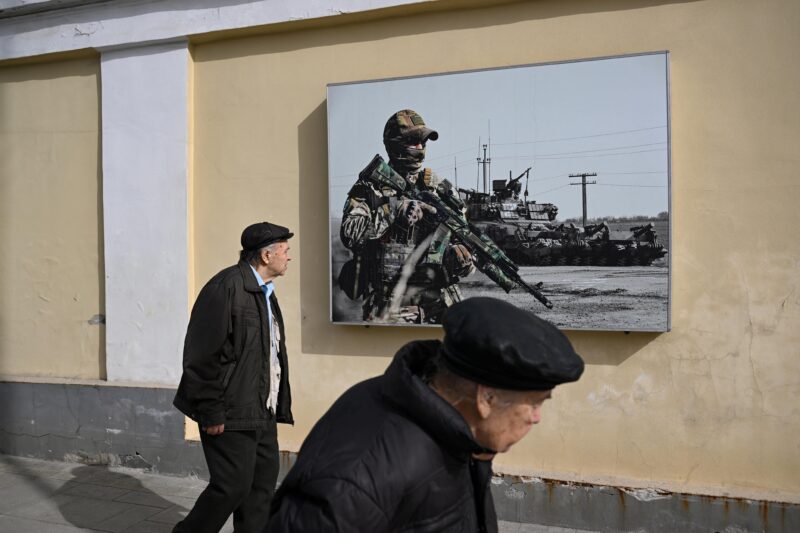- A Moscow court has ordered Wikipedia to take down information about the war in Ukraine.
- But the website appealed the decision, saying that doing so would be a human rights violation.
- Wikipedia also says Russia has no jurisdiction over its global online encyclopedia.
Wikipedia has filed an appeal against a Moscow lower court's decision that ordered the website to take down "prohibited" information about the war in Ukraine.
The Wikimedia Foundation — which owns Wikipedia — said in a Monday statement that removing the information would "constitute a violation of people's rights to free expression and access to knowledge." It filed its appeal on June 6, the statement said.
It further said that while its website operates inside Russia, the country has no jurisdiction over Wikipedia's online encyclopedia, which it described as a "global resource" available in 300 languages. The organization added it so far hasn't complied with any of Russia's demands to remove the articles in question.
The Russian court initially issued Wikimedia a fine of 5 million rubles ($88,000) for refusing to remove what it called "untrue socially important information" from Russian-language Wikipedia pages, according to Russian media.
According to news agency TASS, Russian prosecutors called the website a tool for "non-stopping information attacks" on Russia and unfair anti-Russian sentiment,
Wikimedia said that some of the articles the court took issue with include "Massacre in Bucha," "The Russian Invasion of Ukraine," and "Battle for Kyiv," all of which the organization said contained "fact-based knowledge."
"Blocking access to Wikipedia in Russia would deny more than 145 million people access to this vital information resource," Wikimedia said.
Russia's demands come after President Vladimir Putin signed new "disinformation" laws in March that allow authorities to punish anyone who shares what it deems as false information about the war with up to 15 years in prison or fines of up to 5 million rubles, which was equivalent to about $44,000 at the time.
Stephen LaPorte, Associate General Counsel at the Wikimedia Foundation, said in the organization's statement that the court's decision shows a disparity between Wikipedia's "well-sourced, verified knowledge" and the Russian government's definition of disinformation.
"The government is targeting information that is vital to people's lives in a time of crisis," he said. "We urge the court to reconsider in favor of everyone's rights to knowledge access and free expression."
Wikipedia's fact-checking is open-source, meaning its articles are edited and checked by hundreds of thousands of volunteers.
The Wikimedia Foundation did not immediately respond to a request for comment from Insider.
Russia has waged war on information about its invasion of Ukraine ever since its troops advanced into the smaller nation, cutting off Russian access to most social media platforms and news outlets.
It has termed the invasion a "special military operation" that it says is to liberate persecuted separatists in the Donbas region. More recently in his Victory Day speech in May, Putin said the war is part of a larger effort by Russia to defy the US, blaming the West for the conflict.
